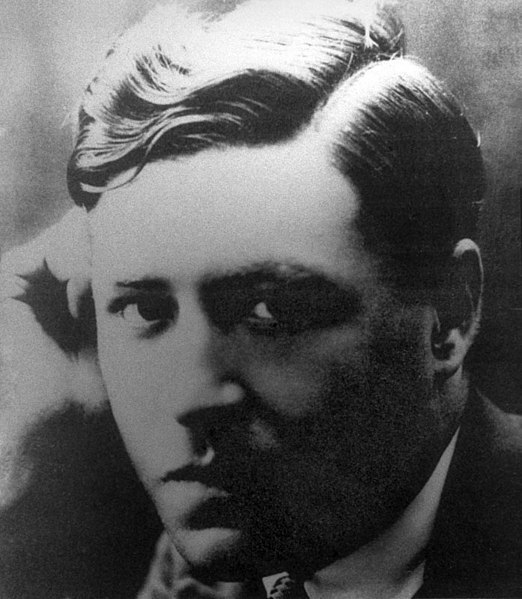#josep pla

In 1918, Josep Pla was studying law at the University of Barcelona when the disease known as Spanish Influenza broke out. The university closed in the middle of the semester and Pla returned to his family home in Palafrugell, the small city in the Mediterranean Costa Brava where he had been born. At this point, Pla began keeping the diary that would become The Gray Notebook(translated by Peter Bush for NYRB). The very first entry mentions the influenza, his return to Costa Brava, and his innocent first days back home:
8 March. There is so much influenza about that they’ve had to shut the university. My brother and I have been at home in Palafrugell ever since. We are a couple of idle students. I only see my brother at mealtimes; he is a very keen football player—despite breaking an arm and a leg on the pitch. He leads his life. I do what I can. I don’t miss Barcelona, let alone the university. I like small-town life here with my friends.
Later entries about the flu are much less carefree. Over the course of the outbreak, an estimated 250k+ people died in Spain alone, and by the following fall, Pla and his family were attending funeral after funeral. His description of taking the train home after one such funeral, written on October 18, 1918, is particularly haunting:
The small train takes us home in the evening, in the dim, murky carriage light. The engine sputters despairingly and sparks fly up from the chimney. The train is full. People sit in subdued silence. Those coming from market imitate those who’ve been to the funeral. If one imagines a train full of thinkers, this would be it. The brims of our hats cast shadows over our faces. What are we thinking? Nothing at all, I expect. The drama derives from the fact that there is so much here we cannot understand—so much that it renders the mechanics of our minds quite useless.
In an entry February 21, 1919, after Pla has returned to Barcelona, he remarks on the eerie quiet that has fallen over the city:
Barcelona is remarkable tonight. Everything has been plunged into darkness. It is so astonishing it is literally beyond words. The silence is what’s most striking—the deep, deep silence. You can hear neither the distant wail of vessels setting sail nor distant trains. Nothing at all. It’s like living under the heaviest slab of lead.
Pla was ill at this time himself, but thankfully he recovered, much to his father’s surprise, as recorded in an entry from February 25, 1919:
My father, who has just arrived from Palafrugell, thinking he will find me on my sickbed, is shocked to see me reading when he walks into my bedroom. We talk at length.
Photo: Josep Pla, 1917 © Josep Pla Foundation/Josep Vergés Collection, released by Fundació Josep Pl on Wikimedia Commons (license).
